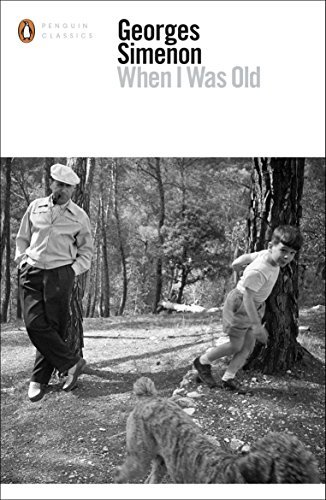What do you think?
Rate this book


'For personal reasons, or for reasons I don't know myself, I began feeling old, and I began keeping notebooks. I was nearing the age of sixty'
Georges Simenon's autobiographical notebooks, in which he recorded his observations, experiences, anxieties and 'all the silly ideas that pass through my head', are one of the most candid self-portraits of a writer ever put to paper. Here, as the celebrated author ruthlessly examines his tortuous writing methods, his past, his fame, his intimate relationships and his fears of ageing, the result is an unsparing, often painfully revealing insight into a man trying both to find and to escape himself.
'As revealed in these notebooks, Simenon's is a shrewd, lucid mind ... the balance tips toward the real, the immediate, the mysteries of human complexity above all ... Utterly unpretentious' The New York Times
451 pages, Kindle Edition
First published January 1, 1970